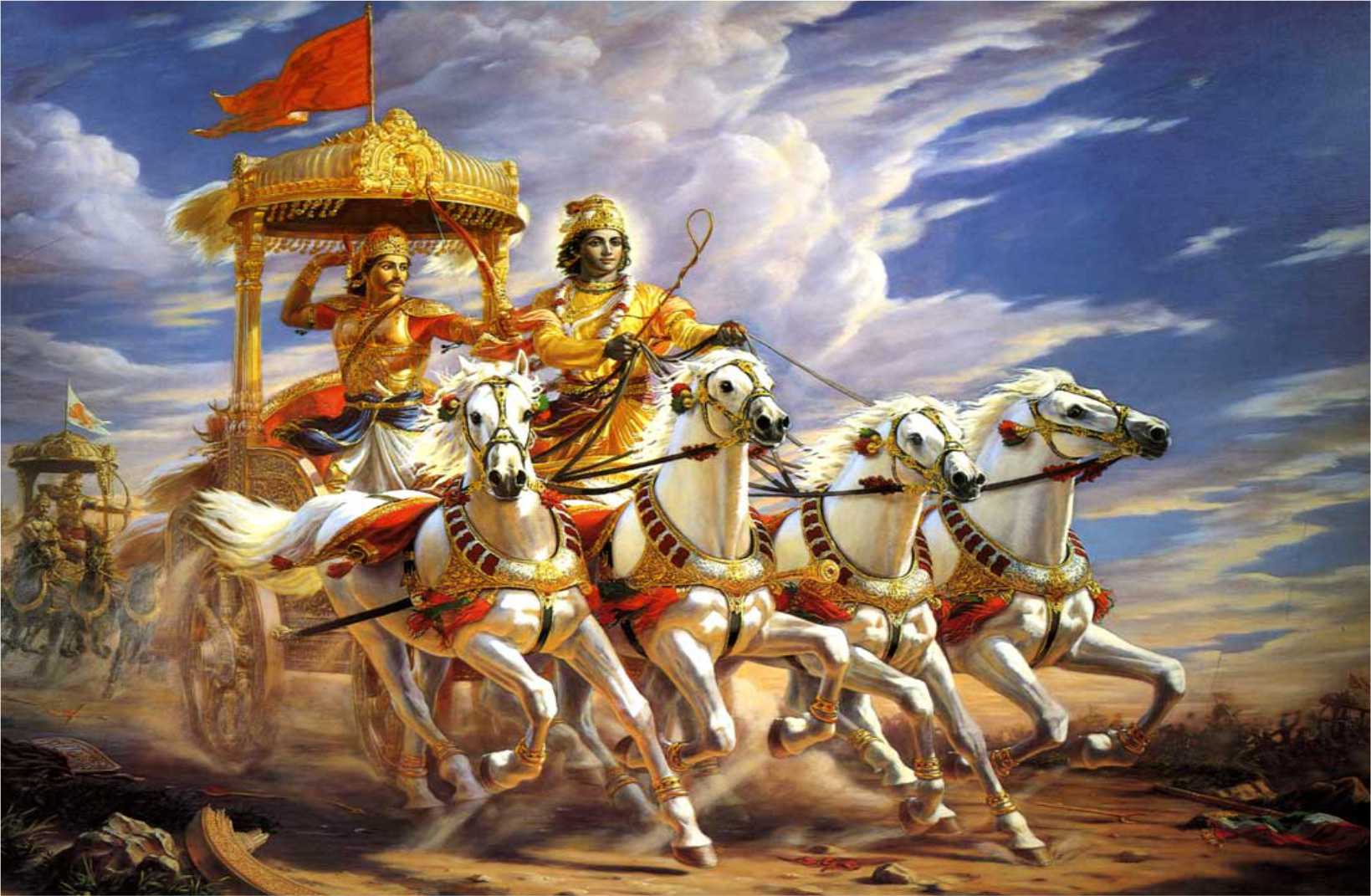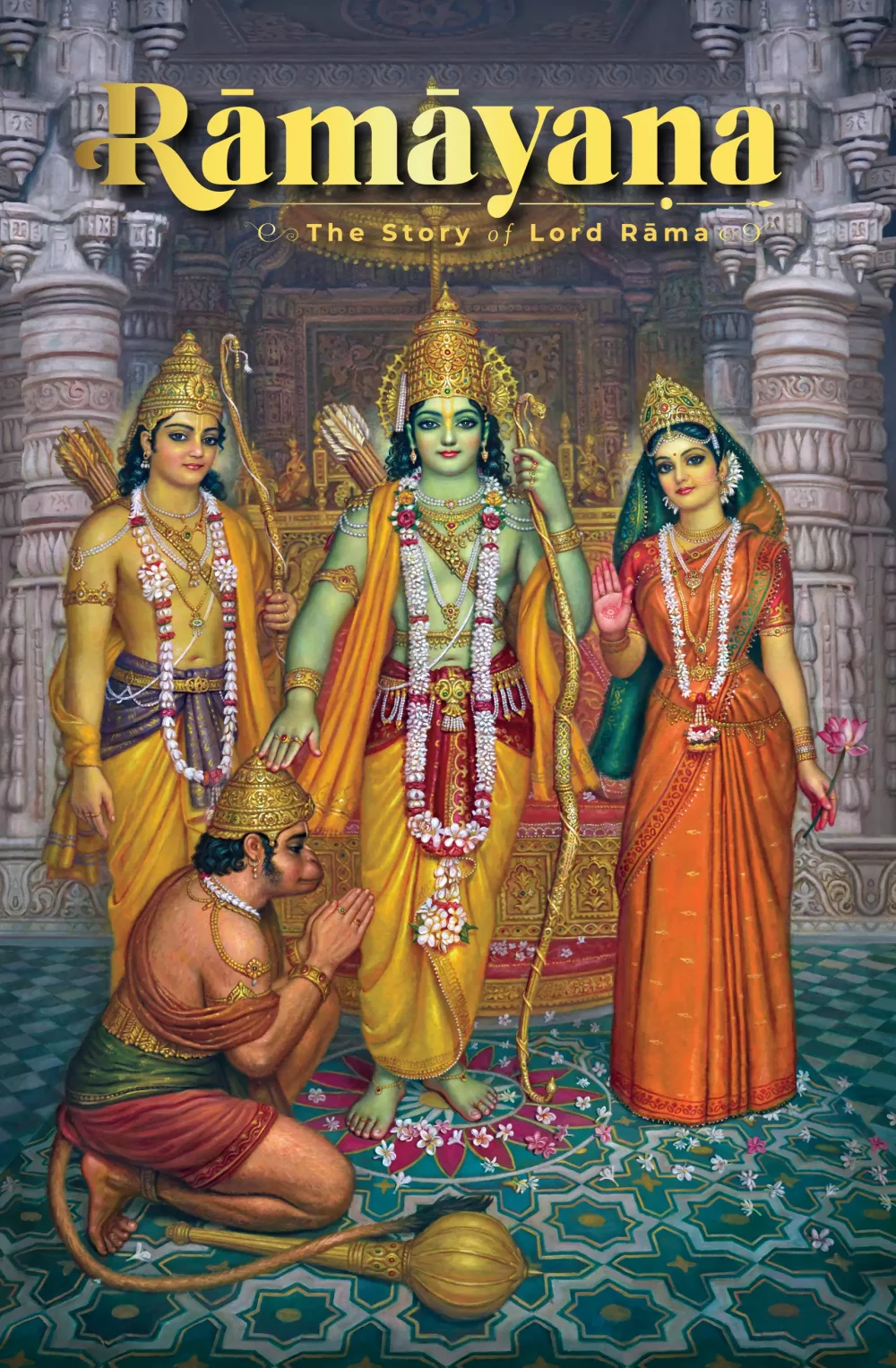Liquid Computing: The Future of Human-Tech Symbiosis
Velocity Money: Crypto, Karma, and the End of Traditional Economics
The Next Decade of Biotech: Convergence, Innovation, and Transformation
Beyond Motion: How Robots Will Redefine The Art Of Movement
ChatGPT For Business: A Workbook
Becoming an AI-First Organization
Quantum Computing: Applications And Implications
Challenges In AI Safety
AI-Era Social Network: Reimagined for Truth, Trust & Transformation
Remote Work Productivity Hacks
How to Make Money with AI Tools
AI for Beginners
Liquid Computing: The Future of Human-Tech Symbiosis
Velocity Money: Crypto, Karma, and the End of Traditional Economics
The Next Decade of Biotech: Convergence, Innovation, and Transformation
Beyond Motion: How Robots Will Redefine The Art Of Movement
ChatGPT For Business: A Workbook
Becoming an AI-First Organization
Quantum Computing: Applications And Implications
Challenges In AI Safety
AI-Era Social Network: Reimagined for Truth, Trust & Transformation
Remote Work Productivity Hacks
How to Make Money with AI Tools
AI for Beginners
Liquid Computing: The Future of Human-Tech Symbiosis
Velocity Money: Crypto, Karma, and the End of Traditional Economics
The Next Decade of Biotech: Convergence, Innovation, and Transformation
Beyond Motion: How Robots Will Redefine The Art Of Movement
ChatGPT For Business: A Workbook
Becoming an AI-First Organization
Quantum Computing: Applications And Implications
Challenges In AI Safety
AI-Era Social Network: Reimagined for Truth, Trust & Transformation
Remote Work Productivity Hacks
How to Make Money with AI Tools
AI for Beginners
Liquid Computing: The Future of Human-Tech Symbiosis
Velocity Money: Crypto, Karma, and the End of Traditional Economics
The Next Decade of Biotech: Convergence, Innovation, and Transformation
Beyond Motion: How Robots Will Redefine The Art Of Movement
ChatGPT For Business: A Workbook
Becoming an AI-First Organization
Quantum Computing: Applications And Implications
Challenges In AI Safety
AI-Era Social Network: Reimagined for Truth, Trust & Transformation
Remote Work Productivity Hacks
How to Make Money with AI Tools
AI for Beginners
Liquid Computing: The Future of Human-Tech Symbiosis
Velocity Money: Crypto, Karma, and the End of Traditional Economics
The Next Decade of Biotech: Convergence, Innovation, and Transformation
Beyond Motion: How Robots Will Redefine The Art Of Movement
ChatGPT For Business: A Workbook
Becoming an AI-First Organization
Quantum Computing: Applications And Implications
Challenges In AI Safety
AI-Era Social Network: Reimagined for Truth, Trust & Transformation
Remote Work Productivity Hacks
How to Make Money with AI Tools
AI for Beginners
Trump's Masterplan To Get Weapons To Ukraine Is Not The Diplomatic Win It Seems
Why two justices could hand Republicans their own ‘Ginsburg moment’ next year Justice Clarence Thomas, 77, is the oldest member of the bench. Some conservatives have privately begun to fret that the right-leaning justice or his 75-year-old colleague, Samuel Alito (whose wife hung a symbol honoring the January 6 conspiracy after the attack) could cause another “Ginsburg moment” by refusing to resign while Republicans control the Senate, allowing one or both seats to fall into liberal hands.
'They're human beings!' Republicans cheering ICE raids change their tune behind the scenes
Trump's approval rating has "started to drop more quickly"—Nate Silver Silver analyzed Trump's declining ratings and said the president's popularity had neared a low it reached in April. ......... Silver, who founded 538, a website about opinion poll analysis, said that Trump's approval had declined "slowly [but steadily] since the beginning of July." However, in the last week, he said it "has started to drop more quickly."
Putin desperately recruits criminals, homeless and football thugs for 'expendable' army
The thing is, the tech bros haven’t just turned right. Many of them are filled with rage — that special kind of rage exhibited by men who enjoy vast privilege and can’t abide any suggestion that their privilege is unjustified.......... Do people still remember “Obama rage”? Circa 2010 Wall Street titans — who had become accustomed to being seen, to use Tom Wolfe’s phrase, as Masters of the Universe — erupted in anger over what they insisted was a lack of respect from the Obama administration. Obama had bailed them out, on very generous terms, but he had the temerity to suggest that the industry bore some responsibility for the financial crisis that made bailouts necessary. .......... Were the Masters of the Universe really that angry over Obama calling them “fat cats”? Or was their outrage performative, aimed at heading off tighter financial regulation? Yes. ............ And Wall Street went strongly for Mitt Romney in 2012. .......... But that doesn’t mean that the rage was fake. On the contrary, nothing makes a privileged man angrier than criticism of his privilege. ............... The Biden administration made some efforts to regulate tech. In part this reflected a perception that the big players had turned their focus from innovation to exploiting their locked in customer bases — a process memorably described by Cory Doctorow as enshittification. In part it represented growing awareness of the psychological and social harm often associated with internet use. ............ And like Wall Street tycoons a decade or so earlier, tech bros responded with rage.
Was this rage performative, a warning to politicians who might be tempted to support regulation? Or was it genuine outrage at the idea that anyone might criticize their brilliance and benevolence? Yes. ........... the point is clear: The tech industry, and presumably its leaders, reached a peak of public adulation around 2015-16, and have since lost their aura. ........... “There's a feeling among Silicon Valley elites that [during the Biden years] they did not get the respect that they purportedly deserve.” ........... Over the last number of years, Silicon Valley CEOs and venture capitalists have been treated with a significant degree of worship by the United States press — until around 2015-2016. ......... If Silicon Valley people wanted to pronounce on something, their grand statements were treated with enormous respect by the press. They had entourages, as if they were presidents. Mark Zuckerberg and other people were deemed by many to be world historical figures. .............. Their rage wouldn’t matter if their wealth weren’t so vast and we didn’t have a political system so corrupted by money. In a more equal society with a less corrupted democracy, people expressing the views we’re hearing from the likes of Peter Thiel or Marc Andreesen would be treated as cranks. In fact, they’d probably be hiding their opinions. ............ If we now have a political discourse that prominently features crazy ideas, it’s because we have a political system that has made some crazy people incredibly wealthy and lets them translate that wealth into power.
Liquid Computing: The Future of Human-Tech Symbiosis
Velocity Money: Crypto, Karma, and the End of Traditional Economics
The Next Decade of Biotech: Convergence, Innovation, and Transformation
Beyond Motion: How Robots Will Redefine The Art Of Movement
ChatGPT For Business: A Workbook
Becoming an AI-First Organization
Quantum Computing: Applications And Implications
Challenges In AI Safety
AI-Era Social Network: Reimagined for Truth, Trust & Transformation
Remote Work Productivity Hacks
How to Make Money with AI Tools
AI for Beginners







